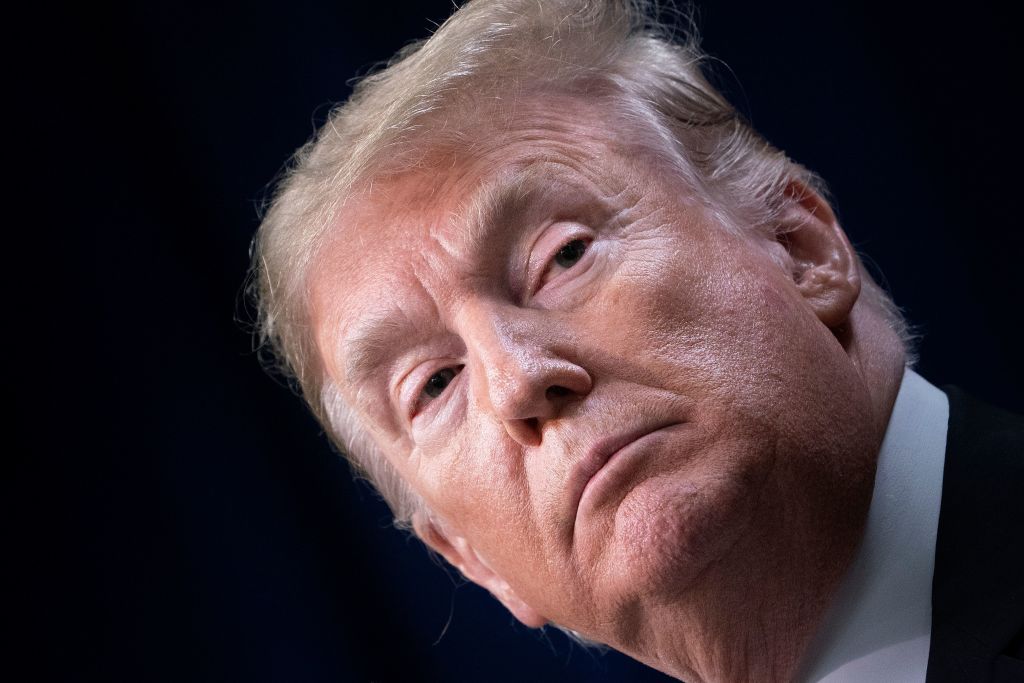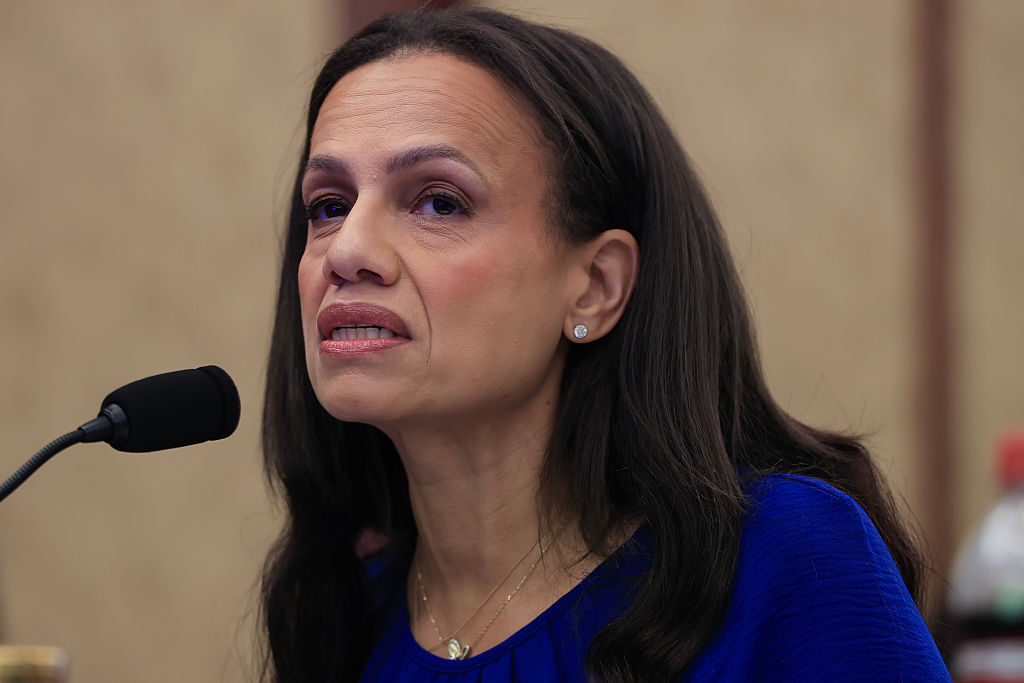President Donald J. Trump’s surprise announcement on Wednesday that he is withdrawing the US military from Syria has shaken the Washington, DC, foreign policy establishment like a thunderclap. While there have been nods of approval from skeptics about American interventionism in the Middle East, that’s a rare breed inside the Beltway.
Instead, DC foreign policy mavens, most of whom espouse neo-flavored beliefs (whether neoliberal or neoconservative) reacted with derision and horror to Trump’s proposed withdrawal from Syria’s terrible fratricide, ongoing for almost eight years. These media and think-tank denizens, once derided as ‘the Blob’ by Obama’s White House, have spoken with one voice, and it’s sharply critical of the president.
Prominent Republicans are among the harshest Trump critics, with Sen. Lindsey Graham leading the charge against the president’s Syria decision, which Graham claims ‘rattled the world.’ Most Democratic critiques of Trump’s announcement sound similar, when not identical. Here’s another reminder of the broad and deep Washington consensus that the only thing wrong with American military interventions, especially in the Middle East, is that there aren’t enough of them.
Seventeen years after 9/11, with the interminable wars of choice in the Greater Middle East that came in its wake, one might think that some curtailing of America’s military presence in that region would appear logical and desirable. At a minimum, the current condition of Afghanistan, Iraq, and Syria (the war that has raged in that last country since 2011 is really a spinoff of Iraq’s agony after the U.S. invasion in 2003) ought to raise troubling questions about the efficacy of American war-making.
Moreover, Donald Trump ran for the White House on reducing the Pentagon’s footprint abroad, especially in the Middle East. Although he has seldom governed that way in the Oval Office, instead surrounding himself with neocon überhawks like John Bolton and Mike Pompeo, Trump’s campaign calls for less US military adventurism abroad were clearly popular with voters.
Not that fulsome praise is due the president yet. As always with Trump, it’s far from clear that dramatic statements will translate into concrete actions. Moreover, the presidential tweet-claim that he’s pulling out of Syria because ‘we have defeated ISIS in Syria, my only reason for being there’ merits skepticism. Neither the Pentagon nor the Intelligence Community agree that the Islamic State is defeated, and the Department of Defense was planning to keep its 2,000 or so troops in Syria for some time to come.
Most of those troops are engaged in training and supporting locals, mainly Kurds, in the fight against ISIS. Missed in the current DC brouhaha about withdrawing from Syria is the reality that, in any big-picture sense, its civil war is over and has been for some time. With ample assistance from his Russian and Iranian allies, Bashar al-Assad and his unpleasant regime have survived and will endure. Although swathes of the country will remain in the hands of rebels, including ISIS, perhaps indefinitely, Damascus has weathered the storm, at the cost of countless Syrian lives.
In truth, American policy towards Syria’s fratricide was always a meandering tragicomedy of errors and missteps. Barack Obama, to his credit, refused to engage in the major military intervention that various neos demanded, but his stepping away from his own ‘red-line’ in mid-2013, effectively outsourced American policy in Syria to the Kremlin. From that point, given Vladimir Putin’s staunch support for his protégé in Damascus, it was only a matter of time – and bloodshed – before the Syrian regime triumphed over myriad rebels.
Therefore, some credit is due Donald Trump for finally admitting that Syria’s fate is not in American hands at all, and perhaps never was. What’s less admirable, however, is how the president went about deciding to withdraw our forces from Syria. Mystery lingers about exactly how Trump came to his sudden policy-shift, against the advice of top national security leaders. That the abrupt Syrian decision is welcomed in Ankara and Moscow leads to unsettling questions about the backstory to Wednesday’s announcement.
What’s certain, though, is that the Pentagon did not want this quick withdrawal. Trump’s Syrian about-face is unmistakably a setback not just for the Defense Department, but for its boss, Jim Mattis. Secretary Mattis’s star has been waning in the White House for months, and this week’s Syria news indicates that his influence over the president has plummeted, perhaps irrevocably.
Neither were the top brass consulted by the White House. Stunningly, the Joint Chiefs of Staff were not informed about the Syria withdrawal, and their chairman, General Joe Dunford, found out about the decision when the press announced it. Keeping the country’s military leadership in the dark about withdrawing US troops from a war-zone is without precedent and speaks to turmoil and disarray inside the Oval Office, not to mention a complete breakdown of civil-military relations.
But if the Joint Chiefs weren’t informed of the president’s decision, one key ally was. Bibi Netanyahu, Israel’s prime minister, said that Trump called him on Monday to inform him of the coming announcement about Syrian withdrawal. While it’s normal to inform close allies of such decisions – and let it be said that Netanyahu isn’t pleased by Trump’s abrupt policy shift – not telling our own military leadership about it is shocking and unprecedented.
By shattering his relationship with the top brass over Syria this week, thereby eroding what little trust existed between the White House and the Pentagon, President Trump has done more damage to civil-military relations in Washington, DC, than any commander-in-chief in recent memory. For the United States, this development is more significant than anything that will come of our withdrawal from Syria’s civil war.

























